What we experienced in previous years with coronavirus, deep quarantines, masks and vaccinations is now becoming the norm, as in connection with the recent pandemic, the WHO introduced the “Pandemic Compact”. It will essentially force states to obey orders from a “central organization” and impose measures.
Specifically, the President of the UN General Assembly (UNGA) approved the non-binding UN Declaration on Pandemic Prevention, Preparedness and Response (PPPR) without a full vote of the Assembly and despite the objections of 11 countries, including Russia.
Critics called the declaration aimed at creating global body to combat pandemics, empowered to impose bans, implement universal vaccination and censor so-called “disinformation”, “hypocritical!” It should be emphasized that we are talking about a declaration that, in essence, puts into effect “Pandemic Treaty”.
But what does this declaration mean in practice?
For its supporters, the declaration is a key step towards global coordination of actions to prevent pandemics and protect public health. According to the World Health Organization (WHO), it “provides the ability…to prevent, prepare for, and impact pandemics using a framework that includes all government sectors.”
WHO also stated that PPPR aims to “applying lessons learned from the COVID-19 pandemic” and “comes as the world faces multiple humanitarian and climate crises that threaten lives and livelihoods around the world.”
In a statement, WHO Director-General Tedros Adhanom Gebrejesus said: “If COVID-19 has taught us anything, it is that when health is at risk, everything is at risk.” He linked the PPPR to the UN’s Sustainable Development Goals (SDGs), saying world leaders must “show that they have learned from the painful lessons of the pandemic.”
The “unprecedented” agreement comes at the expense of national sovereignty.
Other experts have a different point of view. Author and podcaster Frank Gaffney, founder and president of the Center for Security Policy, told The Defender it was “very worrying” that the UN and WHO would “essentially dictate what constitutes an emergency.”
Today was a historic day for public health at #UNGA. In the declaration approved today on pandemic prevention, preparedness and response, the Member States have demonstrated that even at this time of division and polarisation, it’s still possible for countries to come together to… pic.twitter.com/FTxfqqB3Xj
— Tedros Adhanom Ghebreyesus (@DrTedros) September 21, 2023
“We can’t get around the fact that this will come at the expense of the sovereignty of various countries who will then be told they have a state of emergency and told what to do about it. – he added. – This is unprecedented”.
Dr. David Bell, a public health physician, biotechnology consultant, and former director of global health technology at the Global Fund Intellectual Ventures, writes for the Brownstone Institute that the “core purpose” of the PPPR “is to support the pandemic treaty” and amendments to the PPPR , which are currently being discussed by WHO member countries.
Bell said there is a “process of silence” “meaning that states that do not respond will be considered proponents of the text.” According to him, the text is “clearly contradictory, sometimes misleading and often meaningless” and is aimed at concentrating power in the WHO.
What does the statement mean?
The final PPPR policy statement includes statements and proposals covering a range of issues from vaccinations to so-called “misinformation.”
According to the statement, “Pandemics require timely, urgent and sustained leadership, global solidarity, increased international cooperation and multilateral commitments… to implement sustained and robust action at the national, regional and global levels, based on scientific evidence, to strengthen pandemic prevention, preparedness and retaliatory measures against them.”
Stating that “health is essential for all” and an indicator of “sustainable development,” the declaration calls for universal vaccination. The declaration expresses “deep concern” about the decline in global vaccination rates and pledges to support “research and development of vaccines and medicines, as well as the prevention and treatment of communicable and non-communicable diseases.” It makes permanent the COVID-19 “temporary” powers.
The statement expresses “concern about the continued emergence and re-emergence of epidemic-prone diseases”, stating the “need… to build on lessons and best practices from the COVID-19 pandemic”, including “transforming, where necessary, temporary measures” developed during pandemic, “on an ongoing basis.” It calls for the use of digital health documents such as vaccine passports to enhance surveillance. The statement “recognizes… the potential of digital health technologies to implement and support public health responses and strengthen national responses” during pandemics and emergencies. It introduces possible censorship on social networks. The statement expresses “concern that health-related misinformation is negatively impacting routine vaccination services around the world.”
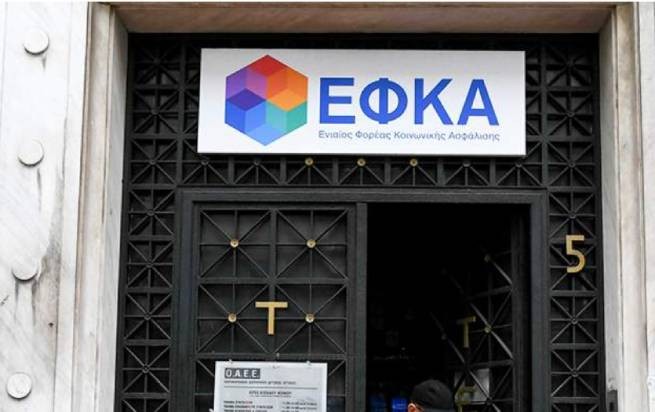
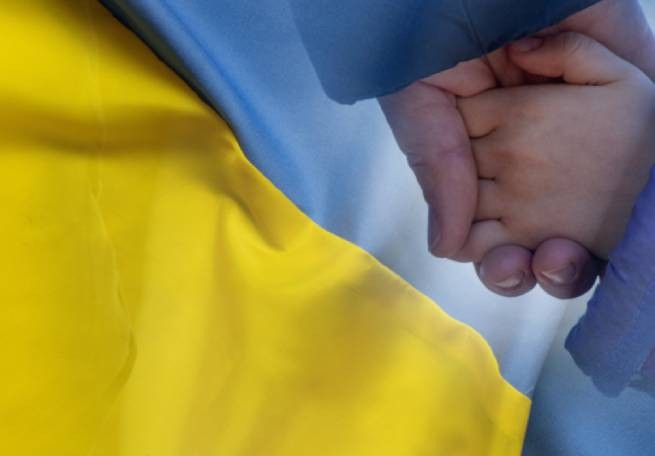

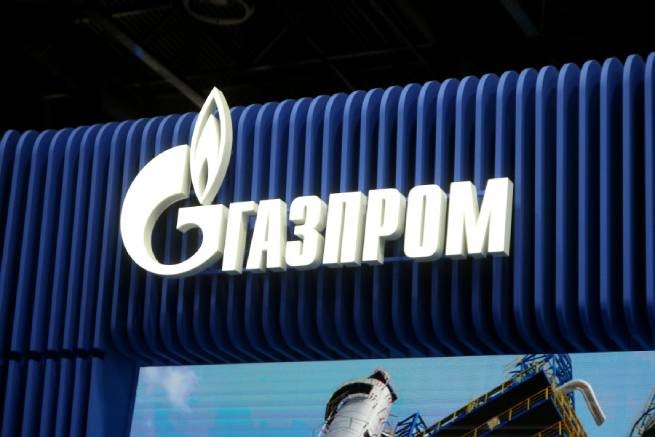
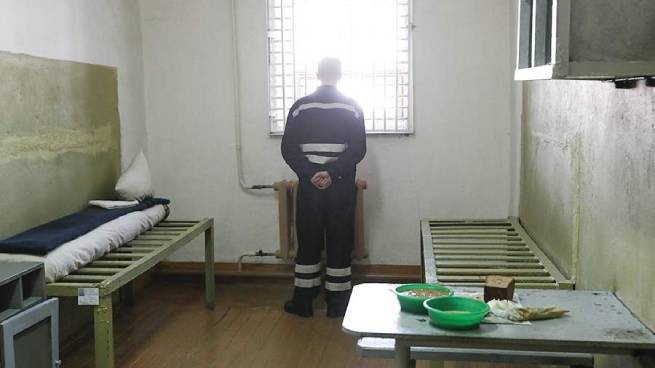
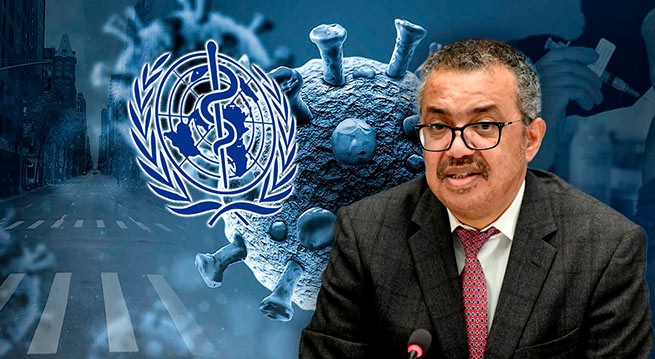

More Stories
The President of Italy on his vision of ending the war in Ukraine
Financial Times: Russia is actively preparing sabotage in Europe
Shock: Drag queen will carry the Olympic flame in Paris